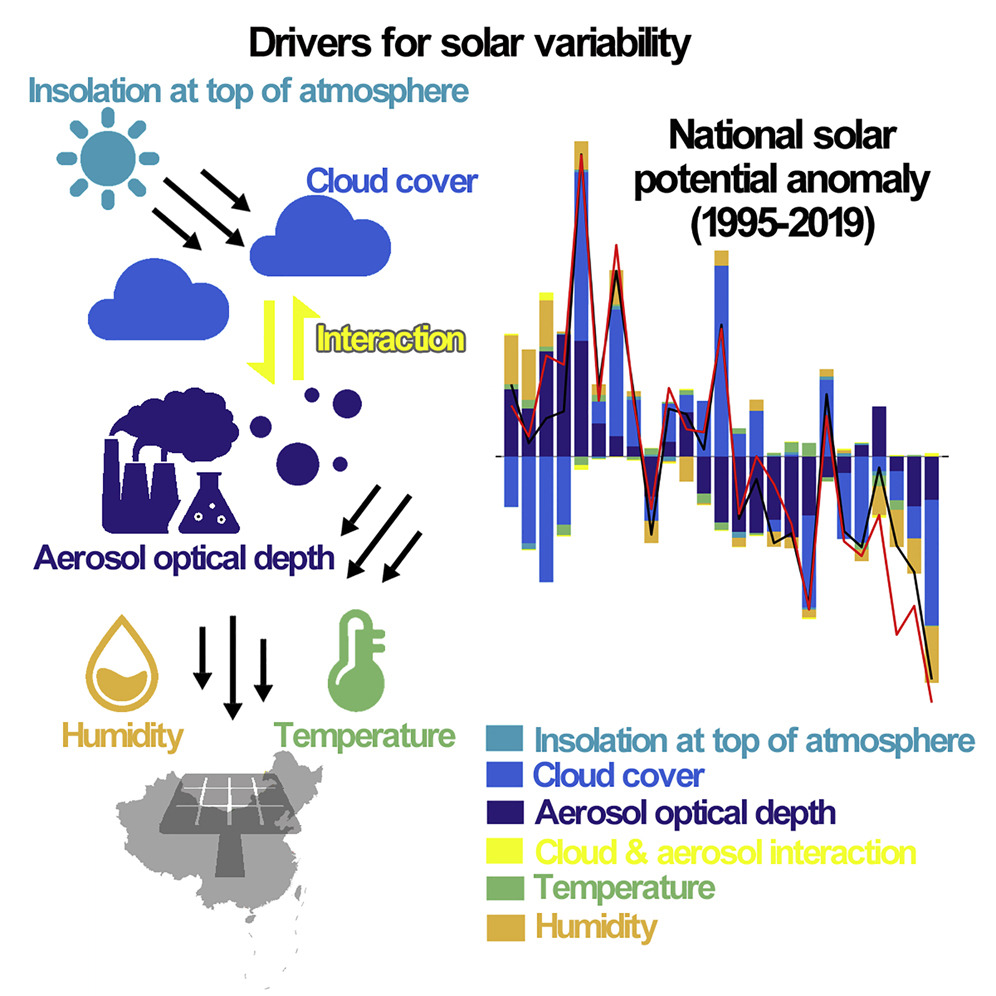Current Developments in Nutrition, Volume 6, 1 May 2022
Exercise to Prevent and Manage Chronic Disease Across the Lifespan, 2022, Pages 413-421
Reproductive and Developmental Toxicology (Third Edition), 2022, Pages 833-843
Encyclopedia of Inland Waters, Second Edition, Volume 4, 2022, Pages 47-57
Encyclopedia of Inland Waters, Second Edition, Volume 4, 2022, Pages 47-57
Junyu Zhang, Dafang Fu, Chris Zevenbergen, Moving Towards Water Sensitive Cities: A Planning Framework, Underlying Principles, and Technologies—Case Study Kunshan Sponge City, Encyclopedia of Inland Waters (Second Edition), Elsevier, 2022, Pages 399-416, ISBN 9780128220412
Julia Derx, Rita Linke, Domenico Savio, Monica Emelko, Philip Schmidt, Jack Schijven, Liping Pang, Regina Sommer, Margaret Stevenson, Harold van den Berg, Saskia Rutjes, Andreas H. Farnleitner, Alfred Paul Blaschke, From Groundwater to Drinking Water – Current Approaches for Microbial Monitoring and Risk Assessment in Porous Aquifers, Encyclopedia of Inland Waters (Second Edition), Elsevier, 2022, Pages 580-594, ISBN 9780128220412
Encyclopedia of Inland Waters, Second Edition, 2022, pp 450-463

